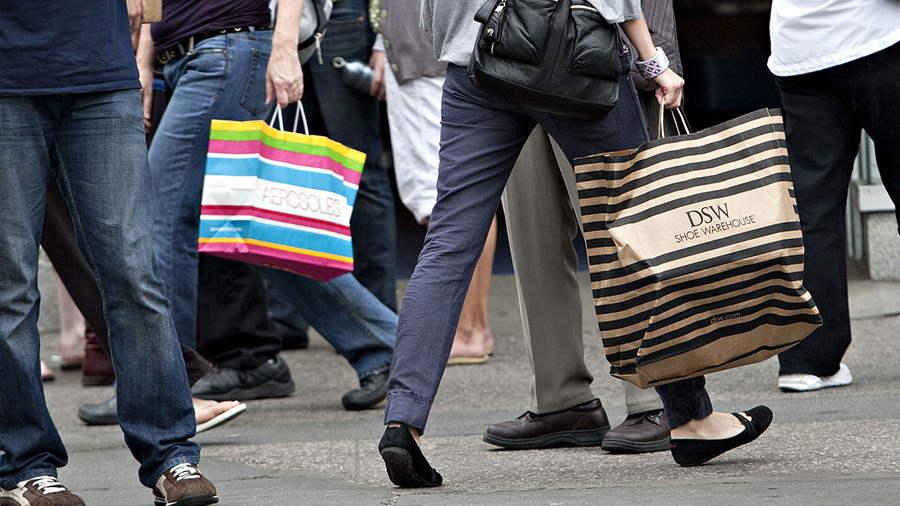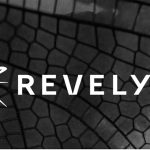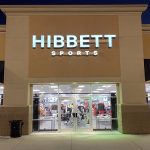Designer Brands Inc., the parent of DSW, reported a net loss of $98.2 million in the second quarter as sales declined 43 percent, both below Wall Street’s targets. The parent of DSW said it was able to bolster liquidity and inventory was down 37 percent to position the company for fall selling.
Roger Rawlins, Chief Executive Officer, stated, “Although the COVID-19 pandemic continues to impact consumer behavior and our business, I am confident in Designer Brands’ playbook to navigate this ever-changing environment. We believe our recent actions to right-size our expense structure and obtain additional liquidity, our strategic digital investments, flexible business model, and strong vendor partnerships as well as our status as one of the largest footwear retailers have firmly positioned Designer Brands to weather the road ahead.”
Rawlins continued, “Given that we have further strengthened our balance sheet, we are well prepared to focus on growing our business’ profitability. In order to serve our customers in the near-term, we are flexing fall inventory receipts away from seasonal and dress products and towards our highest performing category, athleisure, with an emphasis on comfortable and cozy products. We have the unique ability to pivot inventory quickly and follow the customer as needs and preferences change in the future. We are confident that we know what the customer wants, and we know how to deliver it to them, be it digitally or in-person and socially distanced, and we will be prepared in any situation.”
Second Quarter Operating Results
- Net sales decreased 42.8 percent to $489.7 million.
- Comparable sales decreased 42.7 percent for the second quarter of fiscal 2020 compared to a 0.6 percent decrease in the second quarter of fiscal 2019.
- Reported gross margin as a percentage of net sales was 7.6 percent, or 8.2 percent on an adjusted basis, as compared to 30.5 percent on both a reported and adjusted basis for the same period last year. The decrease in gross profit was primarily driven by the impacts of the COVID-19 outbreak on our operations resulting in the temporary closure of stores and, subsequently, significantly reduced customer traffic upon store re-openings, which we addressed with aggressive promotional activity. The impact of COVID-19 and the actions we took resulted in higher inventory reserves, increased shipping costs in the current quarter associated with higher digital penetration, and the deleveraging of distribution and fulfillment and store occupancy expenses on lower sales volume.
- Reported net loss was $98.2 million, or $1.36 loss per diluted share, including net charges of $0.08 per diluted share from adjusted items.
- Adjusted net loss was $92.0 million, or $1.28 loss per diluted share.
The adjusted loss of $1.28 was worse than Wall Street’s consensus estimate of a loss of 86 cents per share. Sales of $489.7 million were also short of consensus expectations of $578.2 million.
Liquidity Highlights
- Cash and investments totaled $206.7 million at the end of the second quarter of fiscal 2020 compared to $77.3 million for the same period last year. Debt totaled $393.0 million at the end of the second quarter of fiscal 2020 compared to $235.0 million debt outstanding for the same period last year, reflecting net borrowings from our revolving credit facility as a precautionary measure to increase our cash position and preserve financial flexibility considering uncertainty in the U.S. and global markets resulting from COVID-19.
- On August 7, 2020, we replaced our revolving credit facility with a $400.0 million ABL Revolver and completed a five-year, $250.0 million Secured Term Loan. We opened the new ABL Revolver with a draw at closing of $150.0 million and, combined with the proceeds from the Secured
- Term Loan settled in full the amounts due under the company’s prior credit facility, which was terminated.
- The company has reached alignment with nearly all major vendors and landlords on past-due amounts and has extended go-forward payment terms.
- The company ended the quarter with inventories of $445.0 million, down 37 percent compared to the same period last year, primarily due to strong inventory controls and higher inventory reserves versus the prior year.
Operations Update
- As of the date of this release, the company has successfully reopened nearly all of its total store base. The company has implemented a number of measures to protect the health and safety of its customers and associates as stores are re-opened.
2020 Guidance
- As previously announced on March 17, 2020, the company is not issuing guidance for fiscal 2020 given continued uncertainty surrounding the impacts of COVID-19. The company is not providing an update at this time.
Designer Brands Inc. operates a portfolio of retail concepts in nearly 700 locations under the DSW Designer Shoe Warehouse, The Shoe Company, and Shoe Warehouse®banners. Through Camuto Group, the company owns licensing rights for the Jessica Simpson footwear business, and footwear and handbag licenses for Lucky Brand and Max Studio. In partnership with a joint venture with Authentic Brands Group, the company also owns a stake in Vince Camuto, Louise et Cie andCC Corso Como.
















